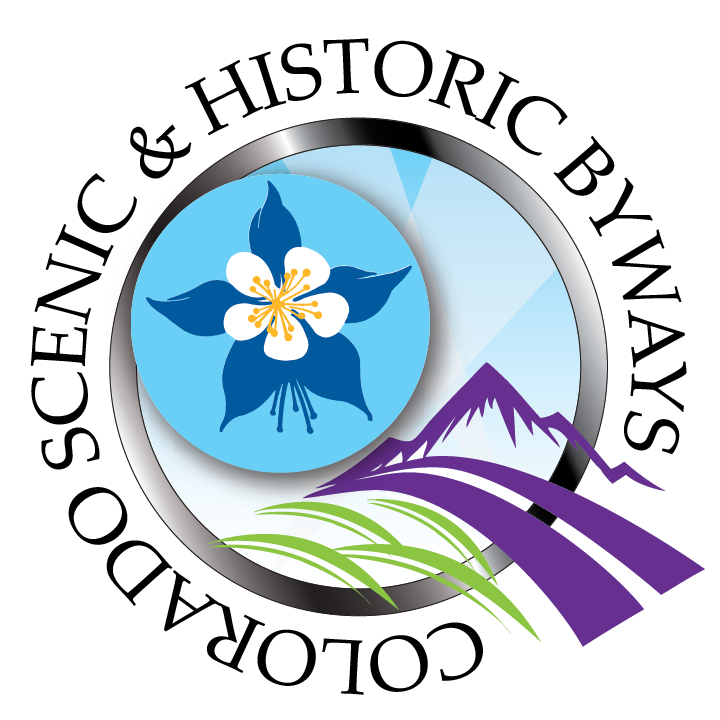Project: Ute Mountain Ute Tribe Traditional Harvest Project
Landowner: Montezuma Land Conservancy
Location: Montezuma County
Topics: Partnerships, native plants and habitat
Montezuma County is a beautiful patchwork of landscapes in Colorado’s southwest corner. It features sweeping vistas, expansive ranch lands, and desert and mountain topography alike. The land in the area is divided between Native American tribes, public lands and private landowners. The people who live in the region are as diverse and varied as the landscapes themselves, and many of them are finding common ground in their shared interest to keep the land the way it is.
In particular, three groups — the Ute Mountain Ute Tribe, Montezuma Land Conservancy, and Trees, Water, People — are joining forces to protect the land and, in turn, help some members of the Ute Mountain Ute Tribe preserve the habitats and culturally important plants that play a role in their everyday lives. A program called the Traditional Harvest Project is one such initiative. Land that’s conserved through voluntary, permanent land protection agreements, called conservation easements, may offer simultaneous and mutual benefits to landowners, tribal community members, and the wildlife, fish and birds that rely on healthy land and water in the southwest region.
“For many Indigenous communities, there often hasn’t been a seat at the conservation table. What sets this partnership apart is the commitment to building relationships and seeking creative solutions to regenerate plant habitats.”
Nurturing relationships and the land
Partnerships for conservation are not that uncommon. Across the state, land trusts work with other nonprofits, private landowners, watershed protection organizations and volunteer stewardship organizations to protect a piece of property from development or to preserve wildlife habitats. However, for many Indigenous communities, there often hasn’t been a seat at the conservation table. What sets this partnership apart is the commitment to building relationships and seeking creative solutions to regenerate plant habitats that are at the heart of the tribe’s cultural traditions on historical lands that have been lost.
Among the plants the tribe prioritizes in its culture are cottonwood, aspen and willow trees, sagebrush, and other large shrubberies that traditionally grow in the area. The tribe uses these plants for traditional activities, like basket weaving, but also as medicine and for ceremonies.
Over the years, loss of traditional homelands, development, severe drought and habitat degradation have begun to threaten these native plants and tribal cultural traditions. Landscapes, plant and animal species, and history are slowly eroding as a result, so these groups are dedicated to protecting the land and preserving the history and traditions linked to it.
To do that, the group is working with private landowners to explore voluntary cultural access by tribal members to conserved private lands. Historically, tribal members have often had agreements with many private landowners that allow them to harvest plants on those landowners’ properties, but many of these relationships have been lost over time. Recognizing that land often changes hands, they hope to rebuild and continue connections with landowners who have recently purchased conserved lands so that tribal members can retain long-term access to harvest areas.
“It is important to reconnect with the ancestors as we harvest in the same lands. Through this motion, knowledge gets passed down to the next generations, never to be forgotten.”
The groups are also working on a plan to ensure that the Ute Mountain Ute Tribe has a long-term ability to harvest the plants they need throughout Montezuma County. The Traditional Harvest Project is not only focused on the sustainable harvest of culturally important plants but also on creating management plans and stewardship efforts that inventory and assess the condition of known harvest locations, and seeking to replant and sustain habitat in the future.
Passing down to the next generation
Ultimately, this partnership hopes to find ways to support the Ute Mountain Ute Tribe in maintaining and rebuilding vital access to historic homelands and the traditions they support. The tribe also hopes to continue passing down its traditions, knowledge and culture to the next generation. This work has the added benefit of preserving many of the area’s varied landscapes as well, keeping the patchwork topography intact and protected from development for generations to come.
Farley Ketchum, Sr., Ute Mountain Ute environmental biologist technician and tribal member, shares this: “It is important to reconnect with the ancestors as we harvest in the same lands. Through this motion, knowledge gets passed down to the next generations, never to be forgotten.”
Produced in partnership:
















